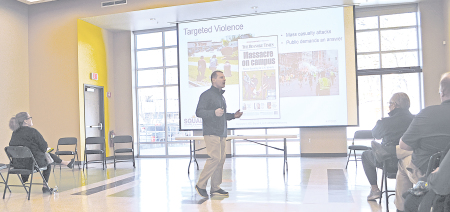Message Of 2006: Moderates Fed Up With Polarization
Published:
November 15th, 2006
By:
Morton Kondracke

The 2006 election results were a rebuke not just to President Bush and Congressional Republicans, but to radio talk-show hosts and other right-wing polarizers.
The right managed to win seven more anti-gay marriage referendums across the country, but it was repudiated on Iraq, immigration and excessive religiosity.
At the same time, while Democrats won control of the House and possibly the Senate, they did so by capturing the votes of moderates and independents, whom they could lose easily with demonstrations of wretched excess.
It’s encouraging that Bush and incoming Speaker Nancy Pelosi, D-Calif., and likely Senate Majority Leader Harry Reid, D-Nev., are talking the language of bipartisan cooperation, but Democrats will be strongly tempted to exercise their passions against the president and his policies.
Exit polls showed that, once again, self-identified moderates made up a near majority of the electorate – 47 percent – and this group split 62 percent to 36 percent Democratic – a 9-point Democratic gain from 2002 and 8 points above 2004.
Only 21 percent of voters identified themselves as liberals and 32 percent as conservatives. Liberals supported Democrats nearly 90 percent of the time, while conservatives voted Republican by less than 80 percent.
While Republican and Democratic candidates held their partisan base voters by margins above 90 percent, independents went Democratic by a margin of 58 percent to 38 percent, a 10-point gain over 2002 and 9 points over 2004.
Continue Reading This Story
Subscribe now at half price for a limited time!
Author: Morton Kondracke - More From This Author
Comments








